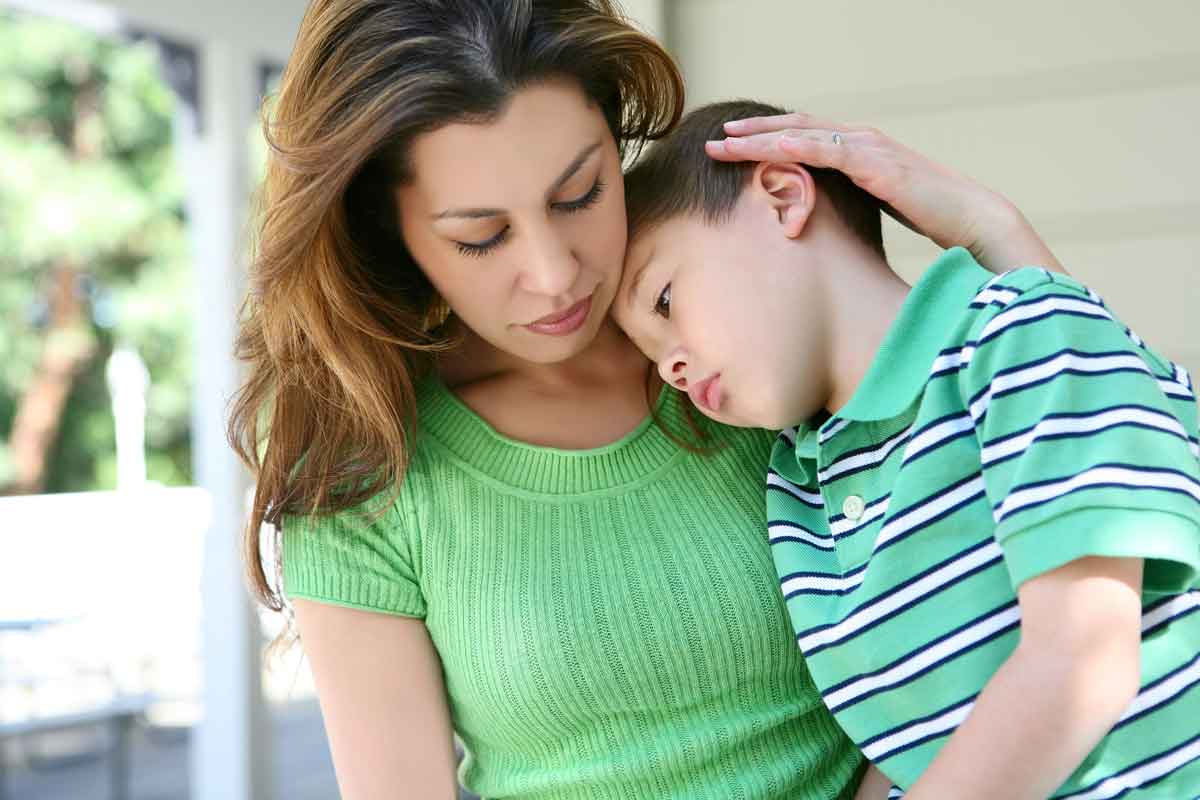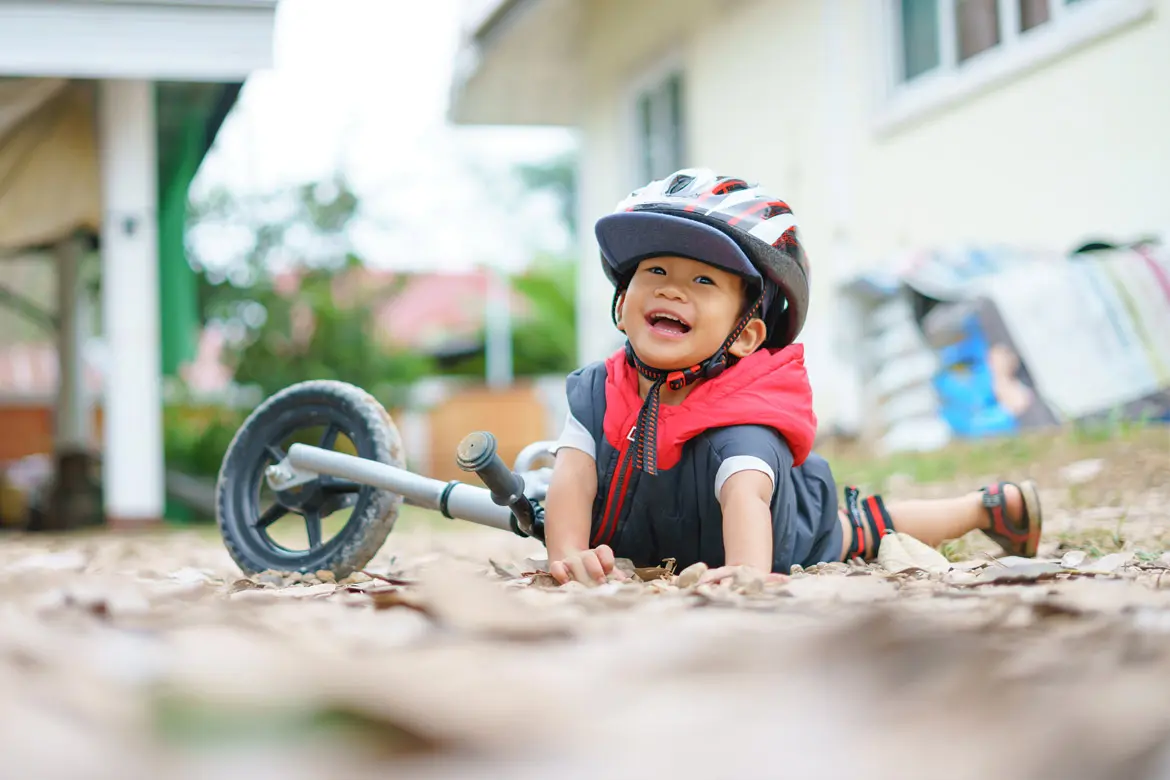5 Best Strategies for Balancing Attention Among Siblings
When managing attention among siblings, remember these strategies: Spend individual quality time tailor-made for each child. Foster collaboration and teamwork to enhance relationships. Acknowledge and celebrate each child’s uniqueness. Communicate fairly and consistently, promoting empathy and understanding. Establish clear boundaries and rules to maintain harmony. These steps lay the groundwork for nurturing strong family bonds and creating a harmonious environment for…










